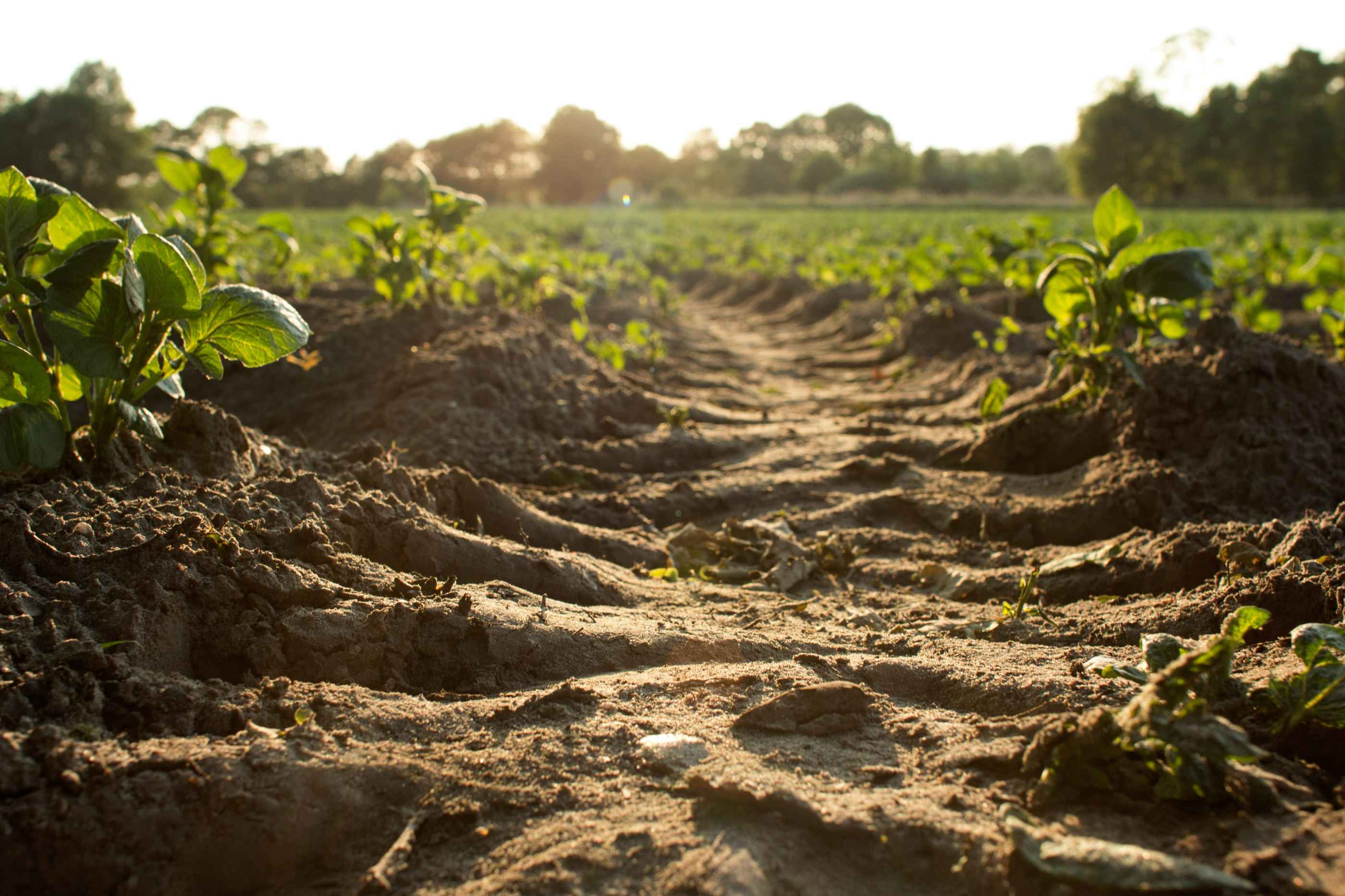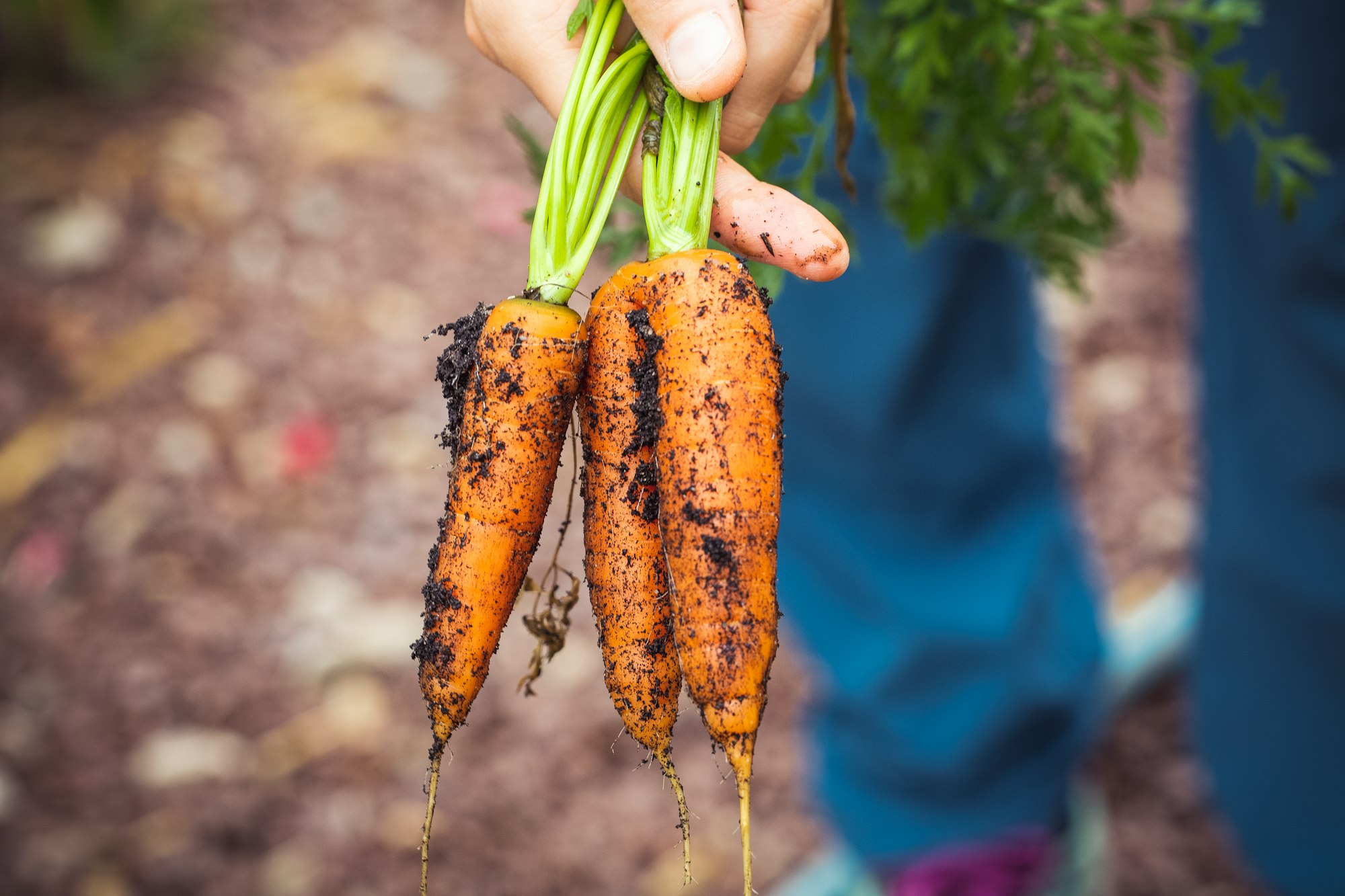The industry of agriculture, responsible for 10% of the EU’s GHG emission, is finding a new approach to result in a more climate conscious practice; carbon farming. The EU Commission has released a report outlining a recent study surrounding this method, and the benefits this can have locally and within a wider community.
A Change is Needed
As more CO2 is being released into the atmosphere – causing a sharp rise in temperature globally – practical solutions are imperative to dampen this concerning upward trajectory. Cutting emissions through travel or planting more trees are becoming more common place in the efforts of lowering one’s carbon footprint, however the agricultural industry has the power to make a considerable difference. A new method, referred to as Carbon Farming, is showing significant help to the cause.
What is Carbon Farming?
Carbon Farming encompasses the farming methods used with the goal of gaining more CO 2 than is lost throughout the process, and therefore mitigating climate change. This includes the management of both land and livestock and can occur in various forms including producing biomass to replace carbon-intensive materials. However, one of the most frequently used is through our soil; soil carbon sequestration is the long-term storage of carbon in the soil as a solution to widespread emissions. A primary explanation of this can be seen in the video below:
How can Carbon Farming be implemented?
Implementation of Carbon Farming practices require both farmers and businesses or sponsors, which could include partnerships with local sustainable food providers all the way to government sponsorships (seen below). The EU Commission describe this as being either an action-based scheme, “rewarding land managers for putting in place climate-friendly agricultural practices”, or results-based scheme, “payment to land managers is directly linked to measurable indicators of the climate benefits they provide.” The latter scheme is preferential to the EU Commission as the use of funds is more congruous with the intended climate goal and gives farmers incentives as well as the flexibility to implement and manage these methods themselves.
Countries taking initiatives for Carbon Farming
In Australia, the Emissions Reduction Fund (ERF) incentivizes Australian businesses to “cut the amount of greenhouse gases they create and to undertake activities that store carbon.” This is not limited to purely the agricultural sector, however there is a specific Carbon Farming Initiative as a component to the ERF, beginning in 2011, which allows land managers to gain carbon credits through implementing these practices throughout their farming processes.
France launched the Label Bas Carbone (French Carbon Standard) in November 2018, a framework for voluntary carbon reduction project which helps guarantee the integrity of carbon reduction projects. Its first project is a collective led by the France Carbon Agri Association and will bring together over 300 farmers, projecting to generate 137,936 tonnes of CO2 over five years.
The EU Commission released a report in April 2021, outlining the results of their two-year study on setting up Carbon Farming within the EU. The Commission plans to launch the Carbon Farming initiative by the end of 2021, suggesting that projects “should be developed at a local or regional level in order to gather experience” in the field, including improving design aspects, implementations processes and furthering the knowledge and awareness needed for sponsors and businesses. As Carbon Farming becomes more widespread, more policy makers across countries are expected to officially recognise this as a beneficial method of farming.

German organizations implementing Carbon Farming
There are increasingly more ways to help land managers to introduce Carbon Farming into their practices; predominantly through companies who create partnerships between farmers and local business or consumers. An example of such an organization in Germany is Klim, who believe the key to solving climate change is through our soil. Land managers who use regenerative practices can become certified through the company, and when consumers buy a Klim product, the farmers are compensated 100%, allowing them the freedom to create climate conscious practices including Carbon Farming.
Taking carbon farming a step further, Embauerment works to link farmers, with citizens and key partners such as grocery retail or catering companies, where stakeholders can make the decision of contributing/sponsoring the shift to organic farming. By entering the address postcode in their website, anyone can see the offers from different regional farms and choose to support climate conscious farming within Germany. In return for their support, the users can receive products, gifts or even offers for tractor riding, cooking, milking, horseback riding etc.
Giving Farmers the Power
The undertaking of such a massive shift in the farming process to better the climate long-term can only be possible with the support and leadership from the managers of the land, the farmers. The hashtag #wirstehendrauf (we stand on it) celebrates the work of such people in 24 different video portraits which examine various aspects of sustainable agriculture. Follow the channel, share the videos and spread the word about these inspiring people, who are not only providing us with food everyday, but also making an effort to prevent climate change.

Header Picture: Markus Spiske, Unsplash



















